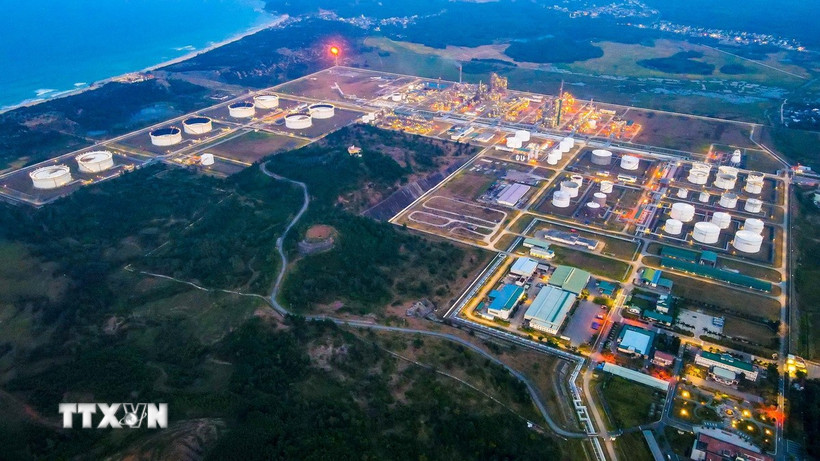
Dung Quat Oil Refinery - Binh Son Refining and Petrochemical Joint Stock Company. (Photo: Pham Cuong/VNA)
Vietnam's 80-year journey, starting with the momentous event of gaining independence on September 2, 1945, has reaffirmed freedom and the desire for collective happiness, creating essential conditions for the country to enter a new era of development.
This is the assessment of Mr. Stefano Bonilauri - Director of Anteo Edizioni Publishing House in Italy - in an interview with VNA reporters in Rome on the occasion of the 80th anniversary of the August Revolution (August 19, 1945 - August 19, 2025) and Vietnam's National Day (September 2, 1945 - September 2, 2025).
Mr. Bonilauri emphasized that the Declaration of Independence read by President Ho Chi Minh in front of hundreds of thousands of people eight decades ago clearly demonstrated the Vietnamese people's aspiration for national independence and their willingness to devote their spirit, strength, lives and property to protect the country's freedom and independence.
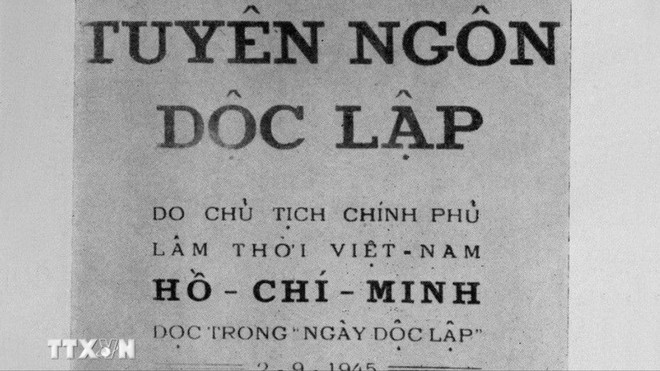
The Declaration of Independence - the "birth" of the first people's democratic state in Southeast Asia - which put the name of Vietnam back on the world political map was drafted by President Ho Chi Minh at the house of nationalist capitalist Trinh Van Bo (48 Hang Ngang, Hanoi) on the night of August 28, 1945. (Photo: VNA archive)
The Vietnamese people's aspiration for independence, self-reliance and self-reliance is the unstoppable driving force of the entire revolutionary process. Since the August Revolution in 1945, the Communist Party of Vietnam - under the leadership of President Ho Chi Minh - has placed the mobilization of all resources and the building of "great national unity" at the heart of its national strategy.
During the resistance wars, that spirit was demonstrated in the ability to turn each village into an "outpost" of patriotism and self-sufficiency.
In the Truong Son mountains and along the Ho Chi Minh trail, thousands of youth volunteers and peasant families organized relief cooperatives and spontaneous medical stations, ensuring supplies of food, medicine and ammunition.
The unity between the army and the people, organized by the National Salvation Front (the predecessor of the Vietnam Fatherland Front) and youth organizations, helped to resist foreign invasion with the strength of the people alone.
In the post-war period and the process of building socialism, the spirit of self-reliance promoted agricultural and industrial reforms. With the Doi Moi policy initiated in 1986, Vietnam aimed to "implement a socialist-oriented market mechanism", maintain the leading role of the state in economic coordination, ensure social equity and aim for development goals.
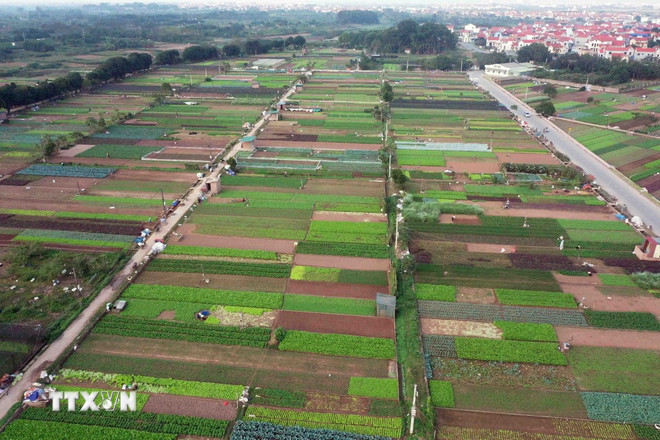
Hoai Duc is the district with the largest vegetable production area in Hanoi, supplying more than 300 tons of products per day. (Photo: Vu Sinh/ VNA)
Then, during the years of economic embargo, the mobilization of basic industries such as textiles, footwear, agricultural products and the expansion of rural cooperatives demonstrated that "internal strength" could replace the lack of external resources.
Even during the peak of the COVID-19 pandemic, the coordinated response of the Party, government and mass organizations, based on the principle of "putting the people first," helped contain the spread of COVID-19 and ensure the continuity of production.
Mr. Stefano Bonilauri said that Vietnam's prestige and influence in the international arena continue to increase year by year.
Vietnam has established official diplomatic relations with 194 countries, while developing strategic partnerships and close cooperation with all major powers.
Vietnam also actively integrates into key international institutions and is considered a responsible member of the international community, making significant contributions to global peace, stability and development.
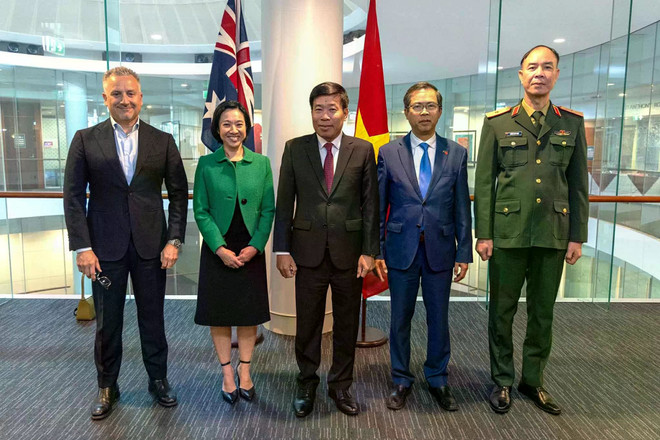
Delegates attending the 10th Strategic Dialogue on Diplomacy and Defense between Vietnam and Australia. (Source: The World and Vietnam)
Vietnam also persistently pursues a policy of "new-era diplomacy," demonstrating flexibility in balancing relations with all major powers.
According to the director of this publishing house, Vietnam's 80-year journey has created essential conditions for the country to enter a new era of development.
First of all, decades of experience in resistance and building a socialist state have consolidated a strong sense of sovereignty and dignity in the national consciousness.
The next generations inherited not only the infrastructure and institutions, but above all the awareness that the Vietnamese people have the right to decide their own destiny.
This legacy of faith has nurtured the desire for reform and innovation, as those who fought and died for freedom are unafraid to face future challenges.
At the same time, Vietnam's commitment to putting people at the center of state policies - a profound legacy of Ho Chi Minh Thought and the commitment of generations of leaders - is also reflected in achievements in education, health care and poverty reduction.
A healthy, educated population with a strong sense of community can now contribute positively to economic growth, social cohesion and cultural enrichment.
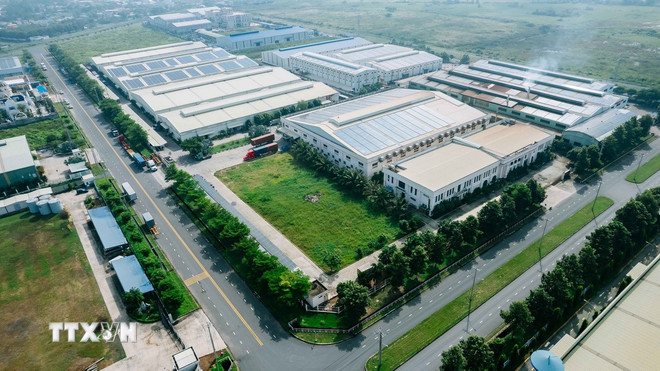
Vinh Loc 2 Industrial Park, Tay Ninh. (Photo: Minh Hung/VNA)
That inner strength, fueled by a strong revolutionary spirit, has transformed Vietnam from a war-torn country into a model for many other developing countries.
However, along with these achievements, the challenges ahead are equally important, especially in the process of Vietnam promoting the full implementation of the goals of the rising era.
Maintaining competitiveness in an increasingly technologically advanced global economy requires Vietnam to accelerate its innovation and scientific research policies, thereby shifting from a low-value-added manufacturing hub to a hub for digital solutions, biotechnology and green technology.
In addition, there is a need to protect the environment and resolutely combat climate change so as not to affect the future of coastal areas and the Mekong Delta, an area rich in natural resources and with vulnerable agricultural communities.
In addition, the demographic transition – with a growing and aging urban population – also requires Vietnam to reform its welfare and pension systems, as well as lifelong learning programs to maintain high quality human resources.
Finally, combating inequality, especially between urban and rural areas or between regions with different levels of development, requires Vietnam to have synchronous policies and “leave no one behind.”
(Vietnam+)
Source: https://www.vietnamplus.vn/80-nam-quoc-khanh-hanh-trang-dua-viet-nam-vao-ky-nguyen-moi-post1058908.vnp



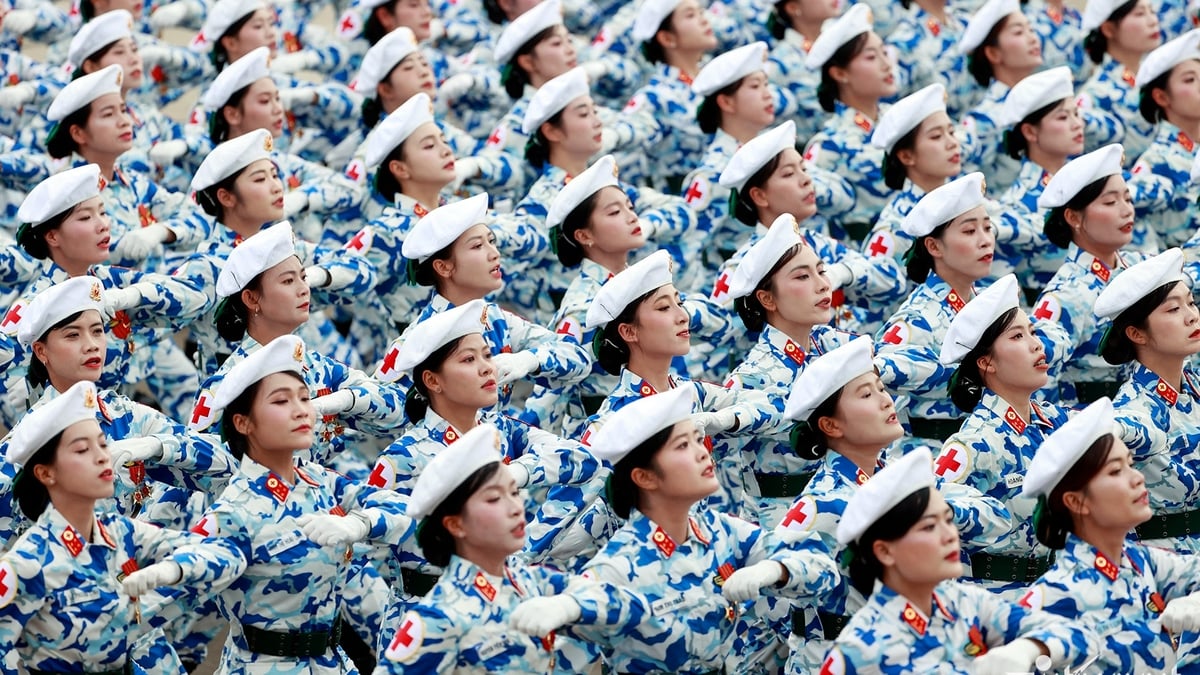

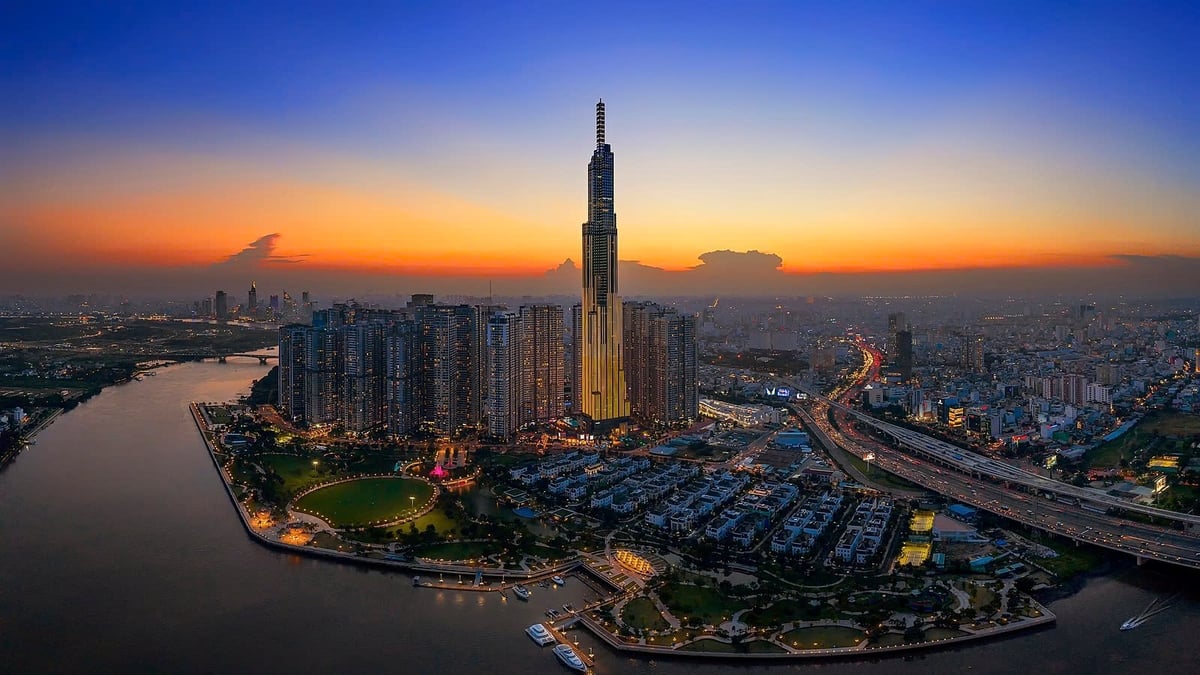
![[Photo] Prime Minister begins trip to attend SCO Summit 2025 in China](https://vphoto.vietnam.vn/thumb/1200x675/vietnam/resource/IMAGE/2025/8/31/054128fff4b94a42811f22b249388d4f)

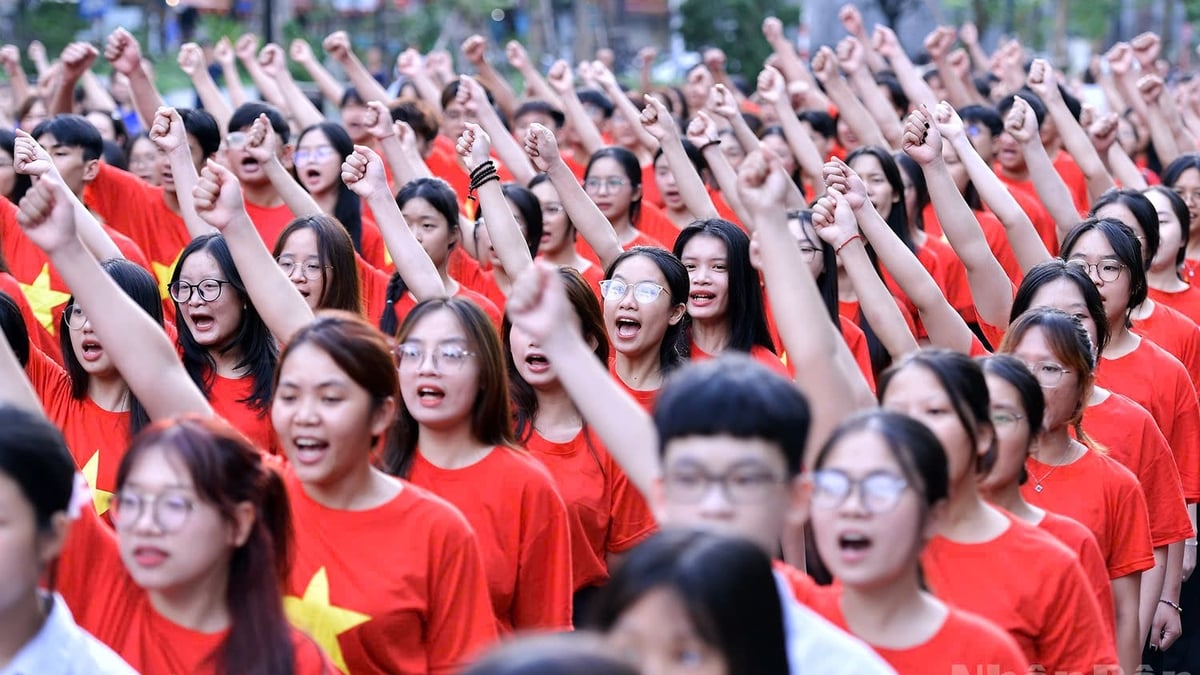
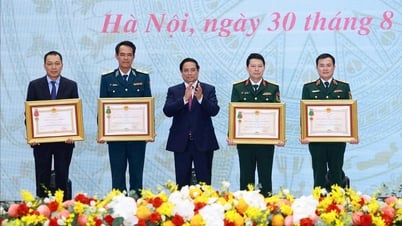

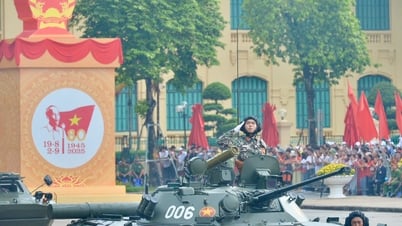



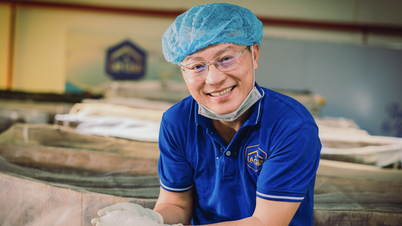

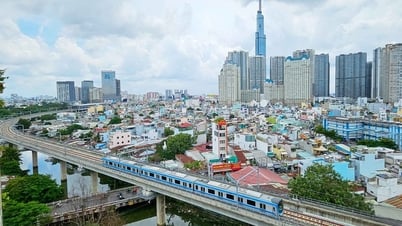
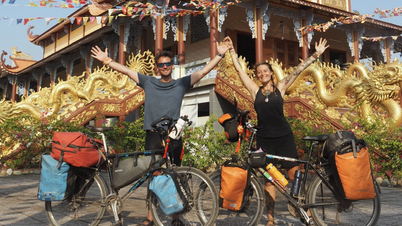





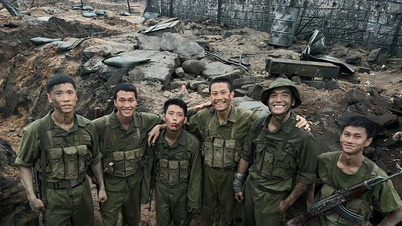
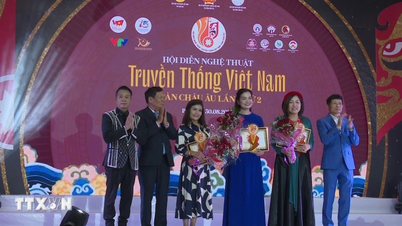
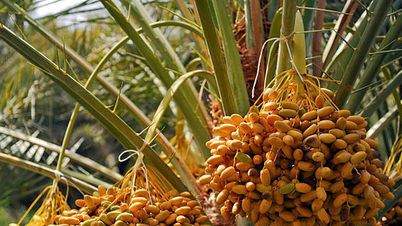
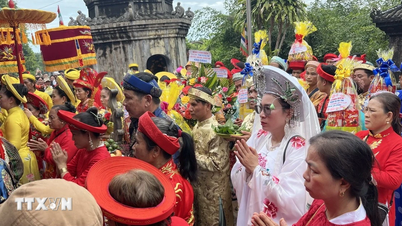



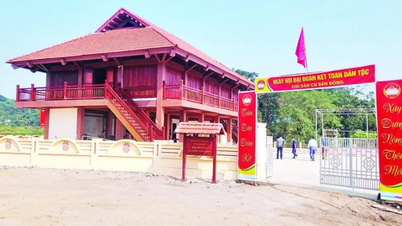









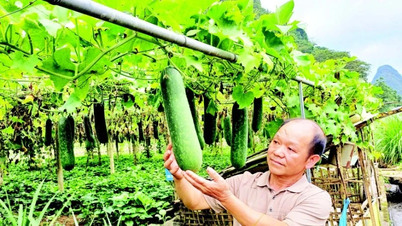
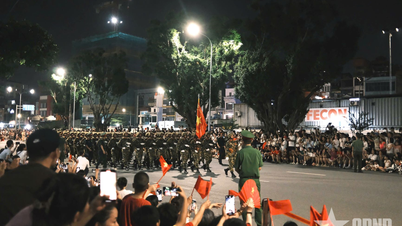




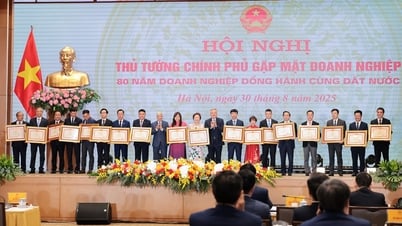




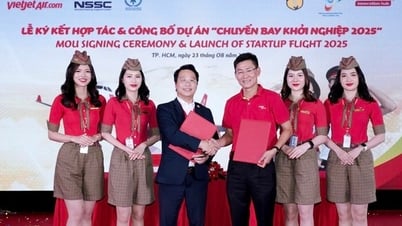





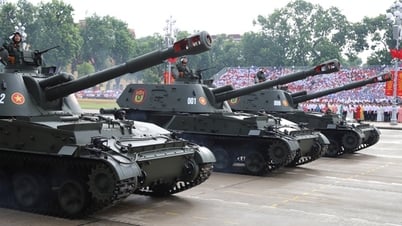



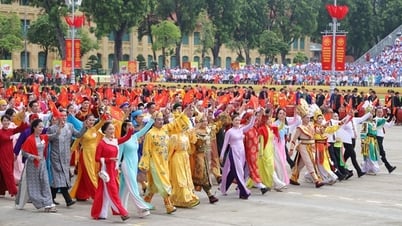
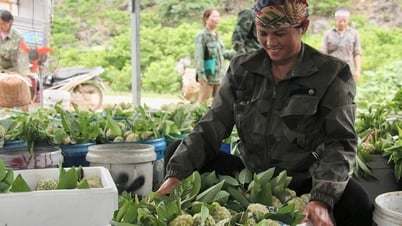

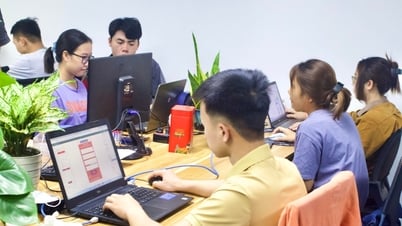
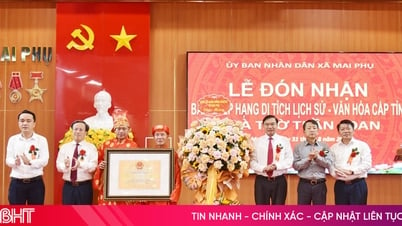

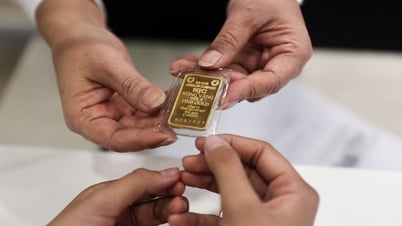

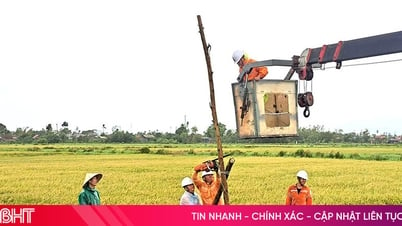
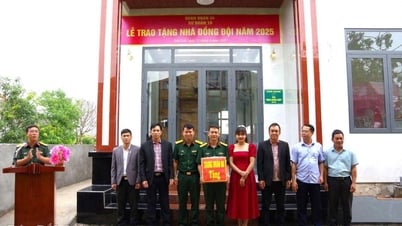

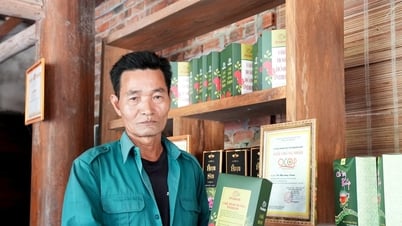

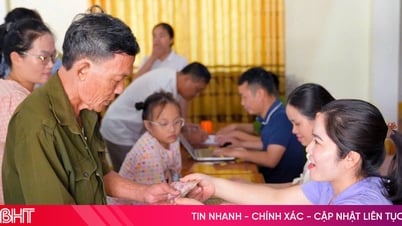
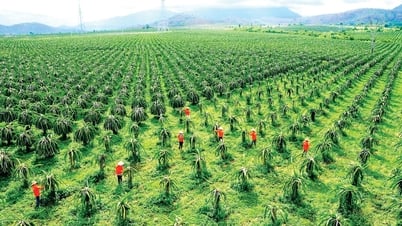


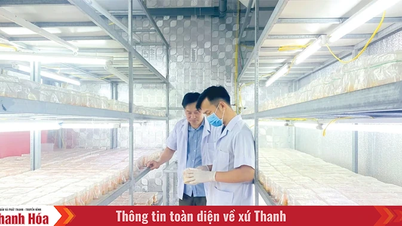

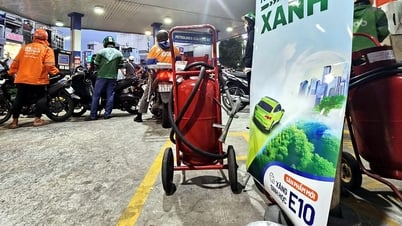

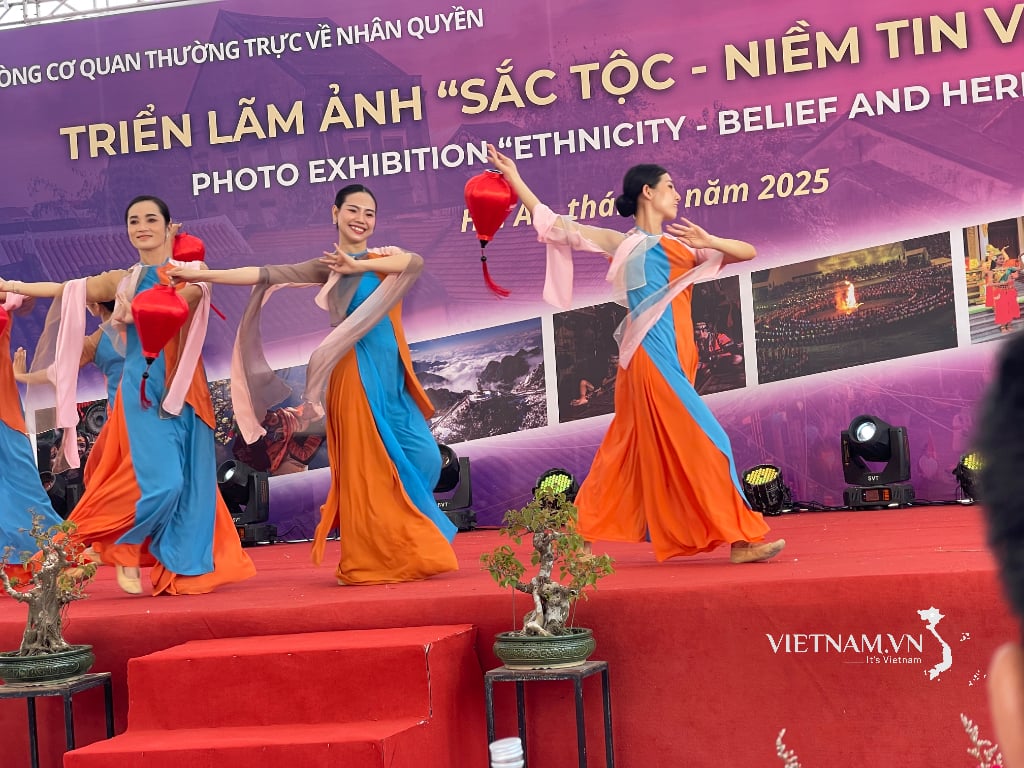



Comment (0)